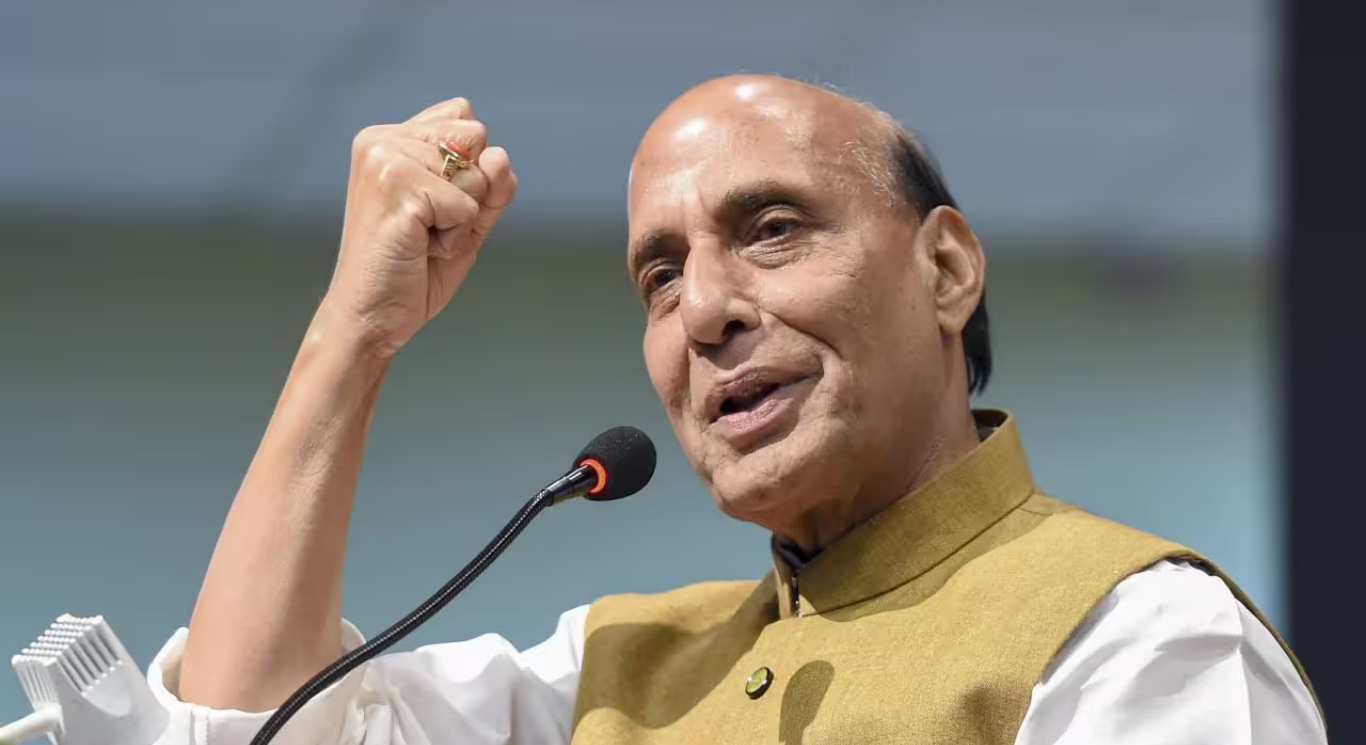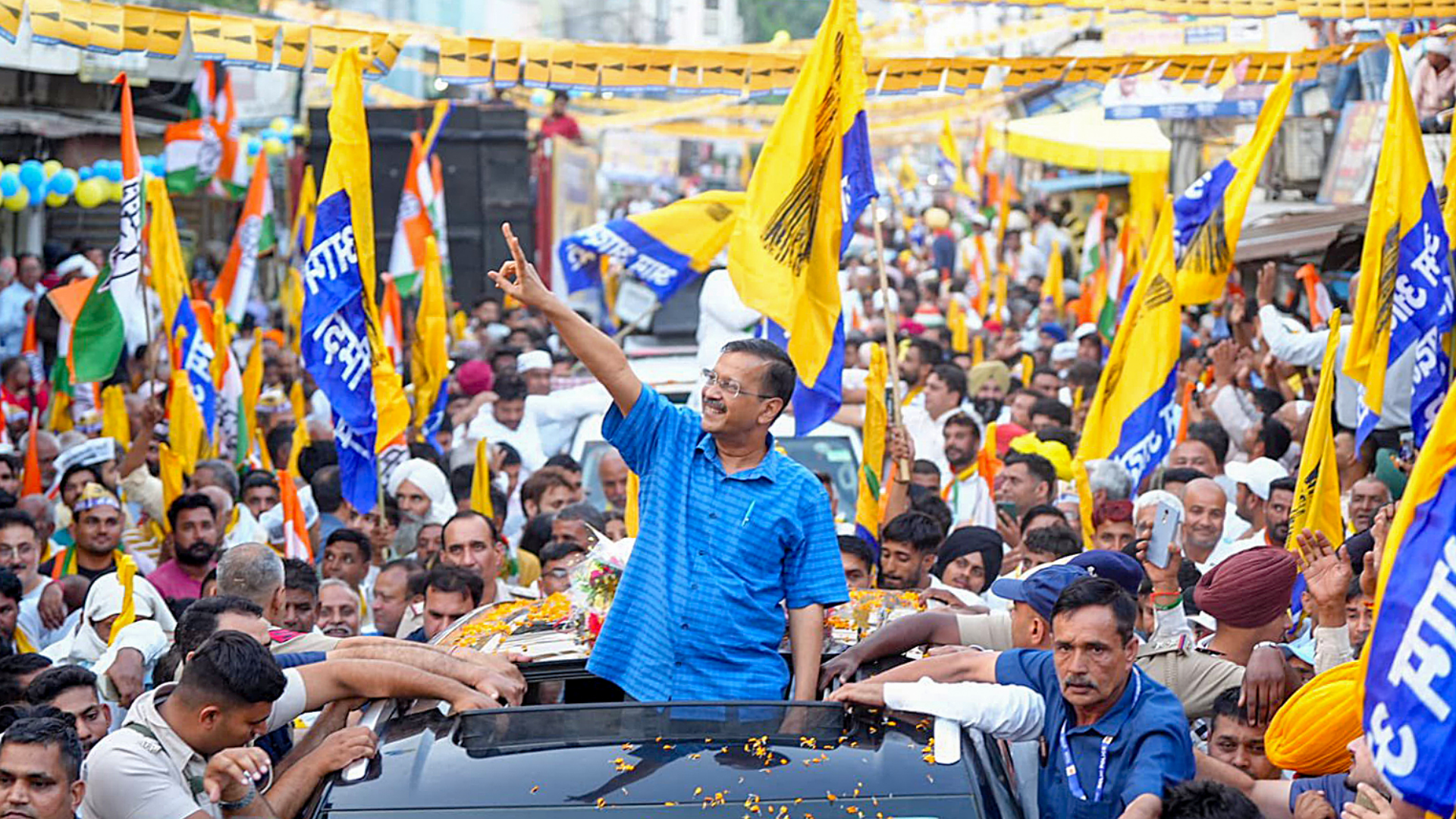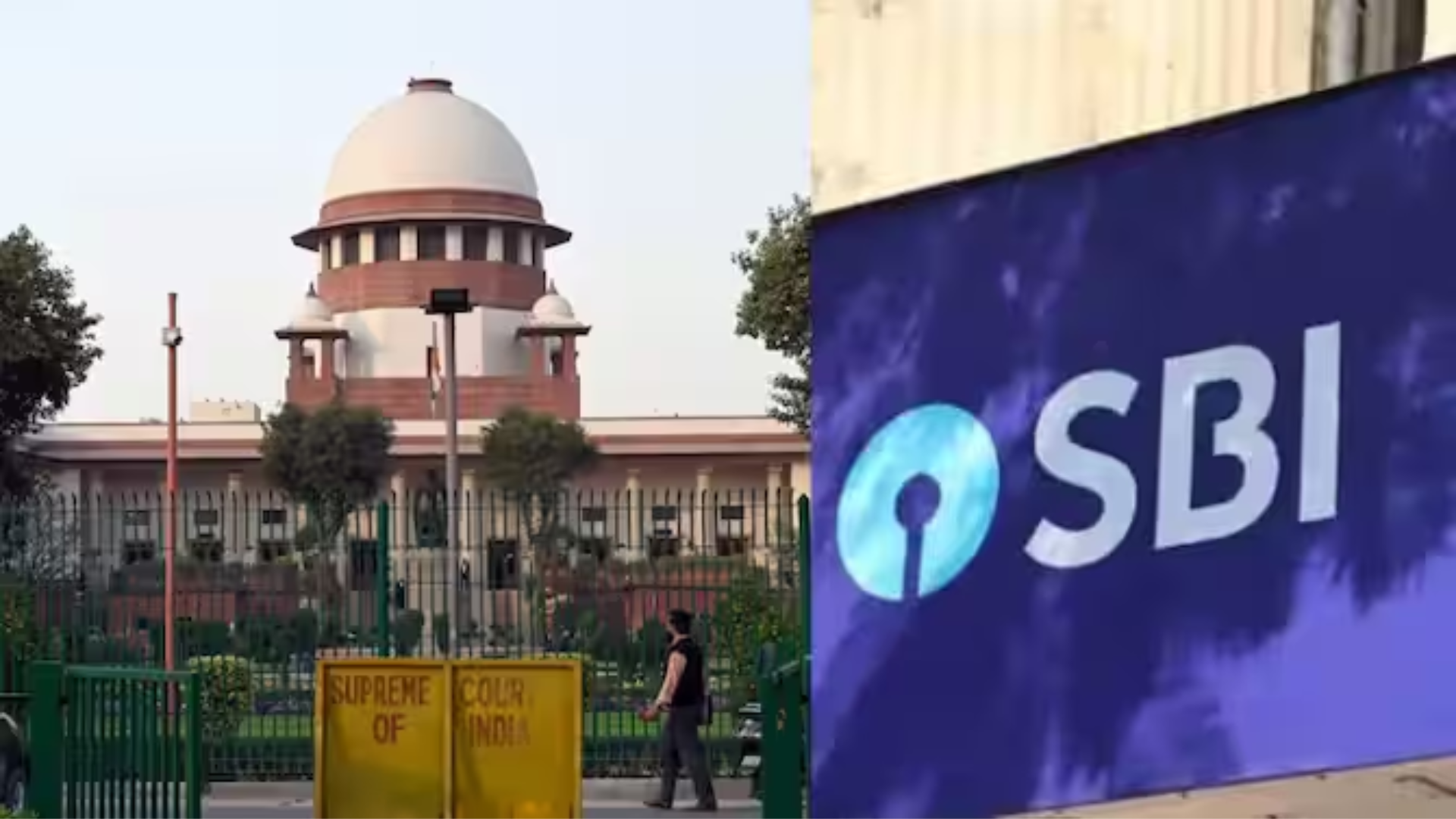Following a directive from the Supreme Court, the State Bank of India submitted the electoral bond transaction details to the Election Commission, which is required to disclose these details by March 15.
The Supreme Court rejected the State Bank of India’s request for an extension to provide electoral bond donor and recipient details, leading to the bank delivering the information on a pen drive to the Election Commission on Tuesday evening. The commission is now tasked with organizing and revealing this information on its website by 5pm on March 15, as mandated by the Supreme Court.
The Election Commission announced, via a spokesperson’s tweet, that it received the electoral bond data from the State Bank of India on March 12, 2024, following the Supreme Court’s instructions issued on February 15 and March 11, 2024, regarding case WPC NO.880 of 2017.
The Supreme Court’s March 11 decision, reinforcing its February 15 ruling that deemed the electoral bond scheme unconstitutional, specified that the data from SBI should include comprehensive details of each bond’s purchase (purchase date, buyer’s name, and bond denomination) and each bond’s redemption by political parties (encashment date and bond denomination).
Whether SBI also handed over any physical documents to the commission remains unknown.
The submission’s details, including whether it included the unique hidden alphanumeric identifier reported by Quint in April 2018, are unclear. This identifier, which can be used to trace the bond from the purchaser to the redeeming political party, necessitated the purchase of a special device by the Department of Economic Affairs for ₹6,720, revealed through an RTI query by Commodore Lokesh Batra (retd) in December 2023.
SBI, represented by senior advocate Harish Salve, explained to the court that interpreting the February 15 judgment led them to believe a matching of donor and redemption details was required, a process described as time-consuming due to the data being kept in separate databases. The court clarified that it only requested straightforward disclosure, not a matching exercise.
The bank detailed that certain information, like bond numbers, is digitally stored, while purchaser names and KYC details are physical, a measure to protect the scheme’s integrity.
Furthermore, the Supreme Court directed the Election Commission to publish detailed information previously submitted to the court under interim orders. This includes bond redemption data political parties provided in sealed envelopes to the commission, following the court’s orders from April 12, 2019, and November 2, 2023. The Election Commission, which had transferred these envelopes to the Supreme Court without keeping copies, may seek their return to comply with the publication directive. This data might overlap with the information SBI has already provided to the Election Commission.




















